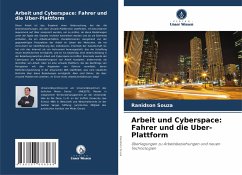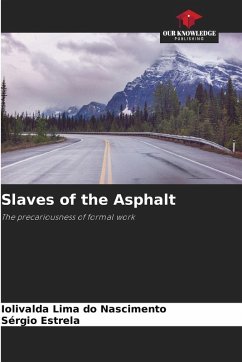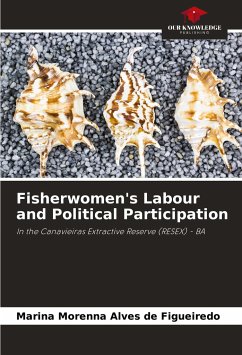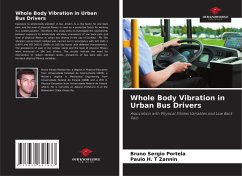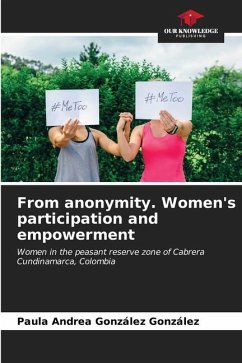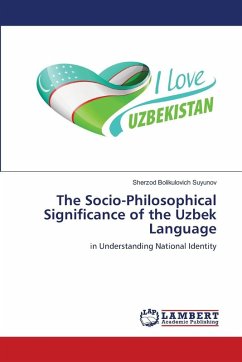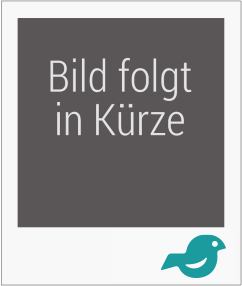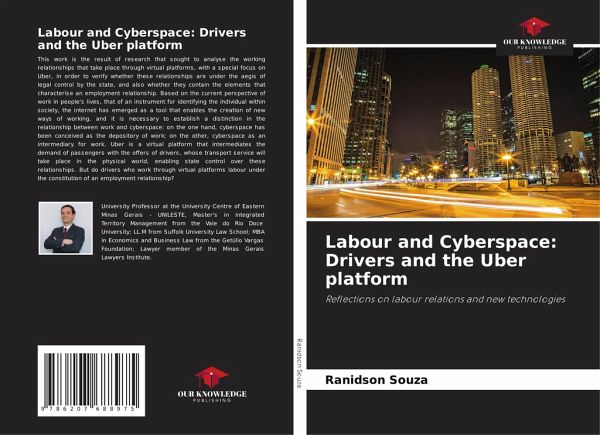
Labour and Cyberspace: Drivers and the Uber platform
Reflections on labour relations and new technologies
Versandkostenfrei!
Versandfertig in 6-10 Tagen
36,99 €
inkl. MwSt.

PAYBACK Punkte
18 °P sammeln!
This work is the result of research that sought to analyse the working relationships that take place through virtual platforms, with a special focus on Uber, in order to verify whether these relationships are under the aegis of legal control by the state, and also whether they contain the elements that characterise an employment relationship. Based on the current perspective of work in people's lives, that of an instrument for identifying the individual within society, the internet has emerged as a tool that enables the creation of new ways of working, and it is necessary to establish a distin...
This work is the result of research that sought to analyse the working relationships that take place through virtual platforms, with a special focus on Uber, in order to verify whether these relationships are under the aegis of legal control by the state, and also whether they contain the elements that characterise an employment relationship. Based on the current perspective of work in people's lives, that of an instrument for identifying the individual within society, the internet has emerged as a tool that enables the creation of new ways of working, and it is necessary to establish a distinction in the relationship between work and cyberspace: on the one hand, cyberspace has been conceived as the depository of work; on the other, cyberspace as an intermediary for work. Uber is a virtual platform that intermediates the demand of passengers with the offers of drivers, whose transport service will take place in the physical world, enabling state control over these relationships. But do drivers who work through virtual platforms labour under the constitution of an employment relationship?





